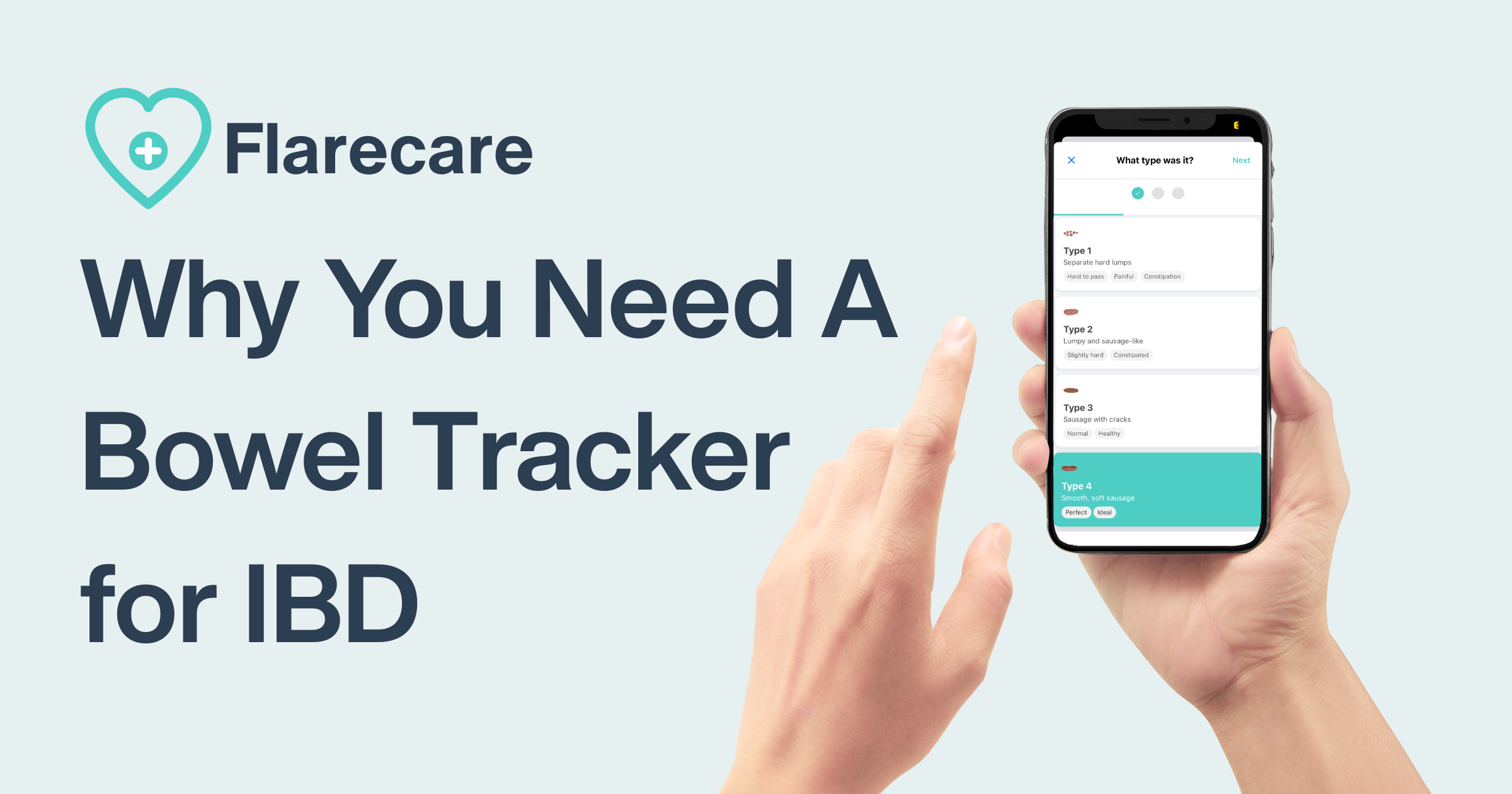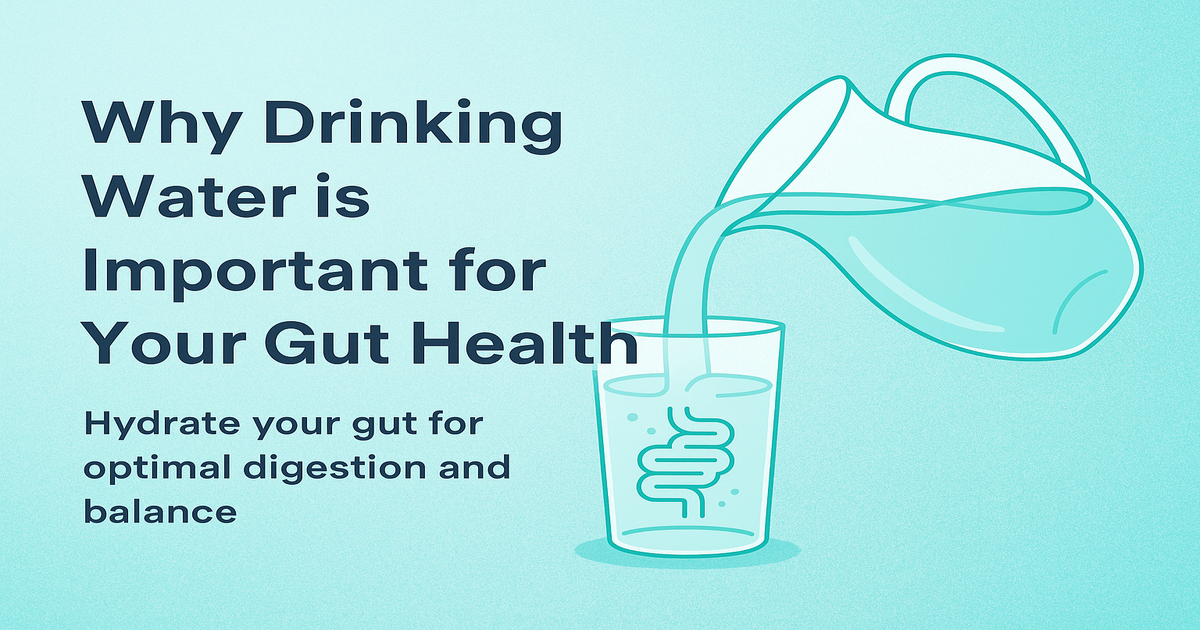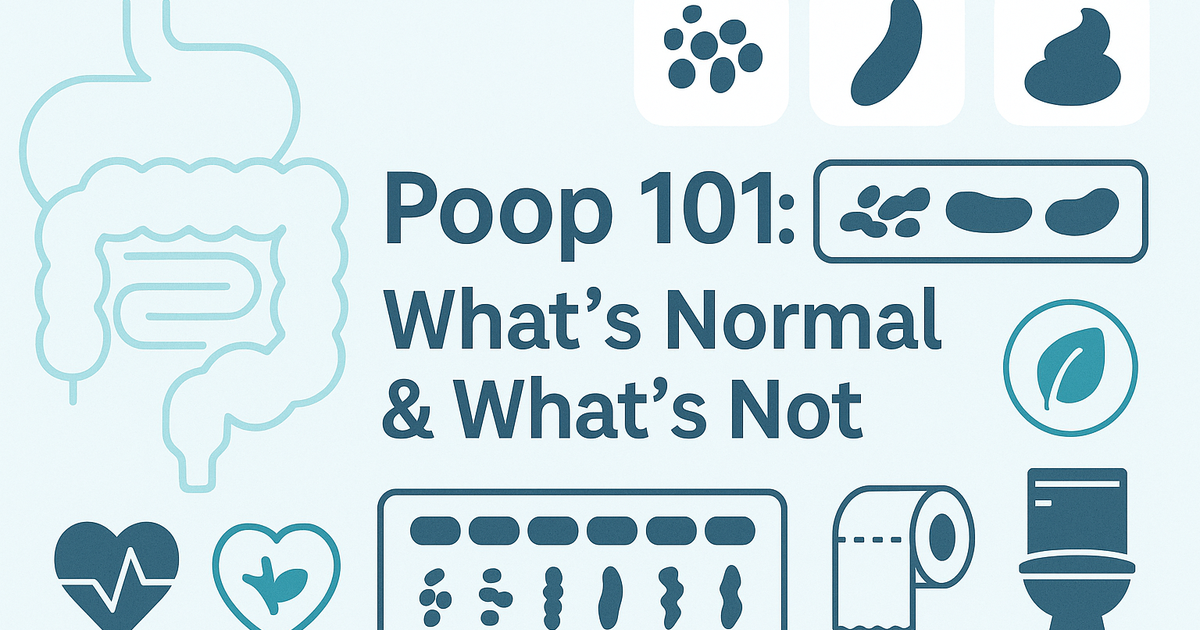Why a Bowel Movement Tracker Can Change Your Life with IBD

Stay Updated
Get the latest gut health tips and research delivered straight to your inbox.
By subscribing, you agree to receive our newsletter. You can unsubscribe at any time.
Introduction
If you're living with Crohn’s disease, ulcerative colitis, or another chronic digestive condition, understanding your bowel patterns is essential. A bowel movement tracker isn’t just a log—it’s a powerful tool for spotting trends, identifying flare triggers, and communicating better with your healthcare provider.
In this post, we’ll explain why tracking bowel movements is so important, what features to look for in a tracker, and how the FlareCare app can simplify the process and empower your daily life.
Why Track Your Bowel Movements?
Your bowel habits say a lot about your gut health—and for people managing IBD, changes in frequency, consistency, or urgency are early indicators of a flare.
Top reasons to use a bowel movement tracker:
Spot flares early by catching symptoms before they escalate
Identify triggers such as stress, food, or poor sleep
Streamline doctor visits with clear, accurate records
Take control of your health through greater awareness
What Makes a Good Bowel Movement Tracker?
Not all symptom trackers are created equal. A helpful tool should be:
Simple and quick to use
Customizable to track what matters most to you
Capable of generating visual trends and insights
Private and HIPAA-compliant for data security
FlareCare: Designed for Real Life with IBD
FlareCare was built specifically for individuals living with IBD. Our bowel movement tracker is part of a comprehensive symptom management toolkit that puts your health back in your hands.
FlareCare features include:
Logging stool consistency, color, urgency, and more in seconds
Tracking related symptoms like pain, fatigue, and bloating
Setting medication reminders
Visualizing symptom trends and flare patterns
Exporting health summaries for your care team
[Download FlareCare] to start tracking with purpose today.
Real Stories, Real Results
Here’s what actual users are saying about how FlareCare’s bowel movement tracker helps them stay on top of their condition:
“This is helpful for when I go to the doctor and they ask for information, which can sometimes be hard to remember—but not now!”
— Apple App Store Reviewer
“This has been a huge life saver. Plus, it reminds me to take my meds—and with ADHD, kids, and a busy life, that's amazing.”
— Apple App Store Reviewer
“It’s a great step toward taking control of your condition and minimizing the impact of flares on your daily life. This app has significantly reduced my hospitalization rate by identifying my flares almost as soon as they start.”
— Apple App Store User
These testimonials show how powerful a consistent, easy-to-use tracking tool can be in real life—not just in theory.
Final Thoughts
A bowel movement tracker may seem like a small addition to your routine, but for those managing IBD, it can lead to major improvements in quality of life. With FlareCare, you’re not just logging symptoms—you’re turning data into decisions.
Ready to take control of your IBD? [Download FlareCare now] and start tracking what matters.
Frequently Asked Questions
What is a bowel movement tracker?
A bowel movement tracker is a tool—usually an app—that allows you to log and monitor bowel habits like frequency, consistency, urgency, and associated symptoms. It helps identify patterns, triggers, and early signs of flares.
Who should use a bowel movement tracker?
Anyone with a chronic digestive condition like Crohn’s disease, ulcerative colitis, or IBS can benefit from tracking their bowel movements. It’s also helpful for individuals managing food sensitivities or recovery from GI surgery.
How often should I log my symptoms?
Ideally, you should log each bowel movement and any related symptoms daily. FlareCare makes it quick and simple, so you can stay consistent even on busy days.
Is the FlareCare app secure and private?
Yes. FlareCare is HIPAA-compliant and prioritizes user privacy. Your data is encrypted and never shared without your consent.
Can this actually reduce flare-ups or hospital visits?
While tracking alone doesn’t prevent flares, it can help detect them early and guide behavior changes or treatment adjustments—potentially reducing hospitalizations, as many users have reported.
Stay Updated
Get the latest gut health tips and research delivered straight to your inbox.
By subscribing, you agree to receive our newsletter. You can unsubscribe at any time.
Related Posts

Why Drinking Water Is Essential for Gut Health
Water might be the simplest gut health hack you’re overlooking. From smoother digestion to a stronger gut lining, here’s why hydration matters more than you think.

Poop 101: What’s Normal, What’s Not, and What Your Poop Is Telling You
Green? Yellow? Five times a day? Here's what your poop could be telling you — and when it's time to pay attention to your gut health.

5 Subtle Signs Your Gut Might Be Trying to Tell You Something
Your gut doesn’t always shout when something’s wrong — sometimes it whispers. From bloating and fatigue to subtle shifts in mood or digestion, this guide breaks down five overlooked signs your gut might need support — and how to start tracking them.